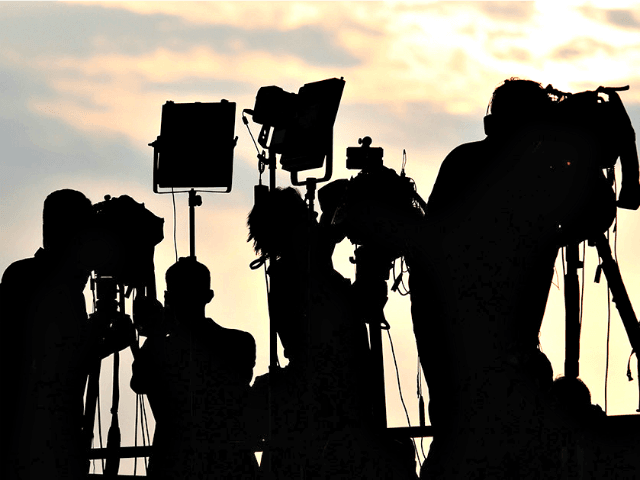Fifty percent of Americans say the national media intend to mislead, misinform, and persuade the public, as just 35 percent say most news organizations could be relied upon, a Gallup and Knight Foundation poll found Tuesday.
While 50 percent say the national media tried to push a false narrative, only 25 percent say the national media do not intend to mislead, misinform, or persuade the public. Twenty-three percent neither agreed nor disagreed.
Nearly 75 percent say the news businesses have enough resources to accurately report the news.
Moreover, just 26 percent have a favorable opinion of the news media, the lowest level recorded in the past five years by the poll. Fifty-three percent hold an unfavorable view.
Thirty-five percent of respondents say national news organizations, such as CNN, MSNBC, NPR, the Washington Post, and Politico care more about pushing cultural activism than reporting news that interests their readers, viewers, or listeners.
The poll also revealed which news networks Americans trust the most:
Forty-five percent of Americans who name a cable news outlet (CNN, Fox News or MSNBC) as their top news source exhibit low emotional trust in national news organizations overall; only 19% report high emotional trust.
Network news consumers are more trusting of news. Only 17% percent of those who turn most often to U.S. network news outlets (ABC, CBS or NBC) report low emotional trust in national news organizations, while 37% report high trust.
Of U.S. adults who turn to news sources outside of the top 20 most-commonly used in America, 70% exhibit low emotional trust in national news organizations, while only 5% of these news consumers report high emotional trust.
The poll sampled 5,593 American adults from May 31 – July 21, 2022, with a 1.5 margin of error.
A recent example of the media ignoring newsworthy stories includes Hunter Biden’s “Laptop from Hell.”
At least 15 establishment media personalities claimed Hunter’s laptop emails were likely Russian propaganda before the New York Times admitted it was authentic two years later. CNN finally admitted that Hunter’s laptop was authentic 532 days after the initial story broke on October 24, 2020 — notably calling it “Russian disinformation” and “made up” at the time.
Recent polling shows 79 percent of Americans say former President Donald Trump would have won reelection in 2020 if Hunter’s laptop had been known to voters.
Seventy-one percent of Americans believe accurate reporting of Hunter’s laptop could have altered the 2020 presidential election.

COMMENTS
Please let us know if you're having issues with commenting.